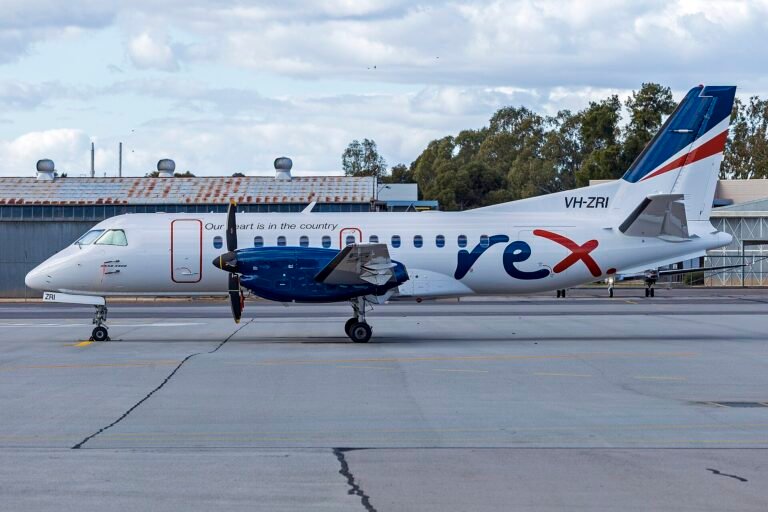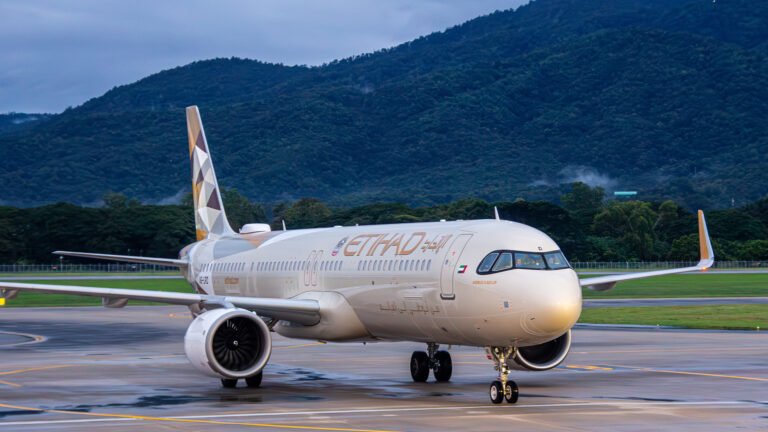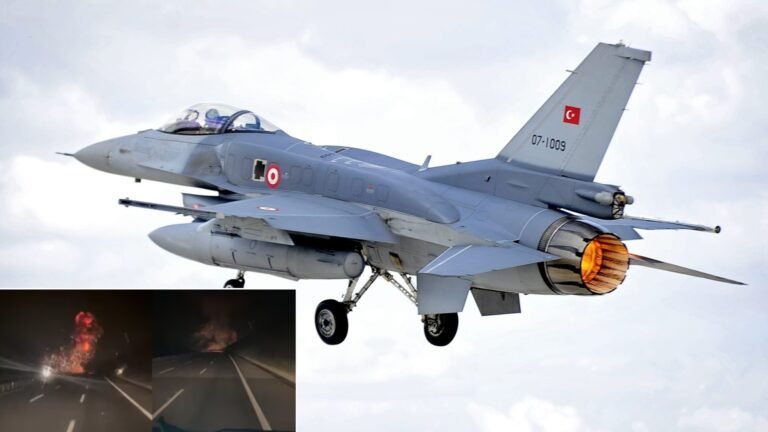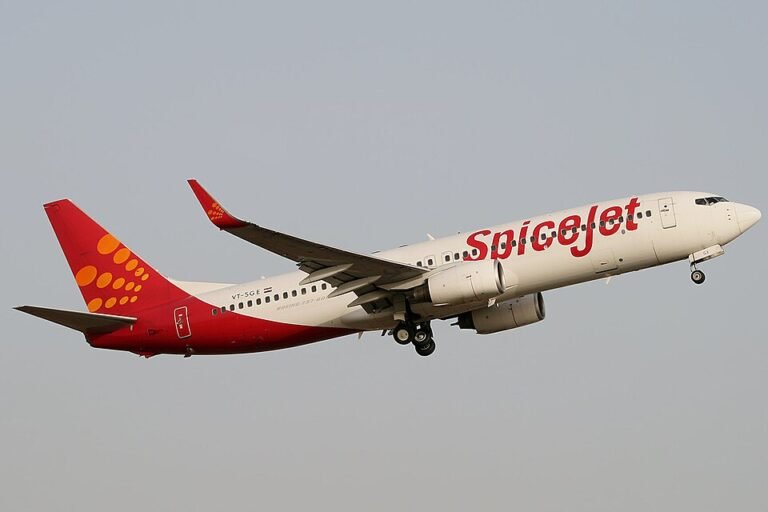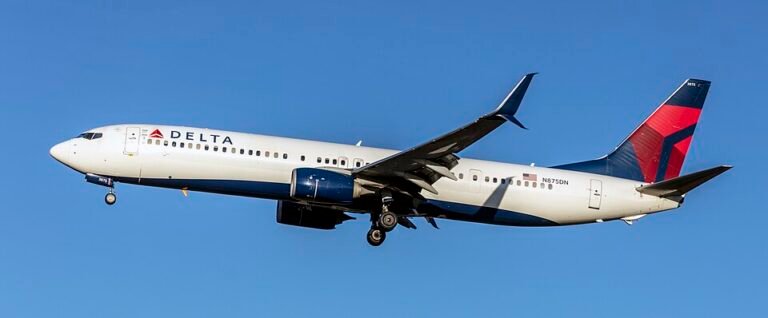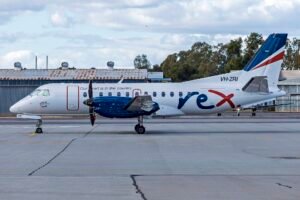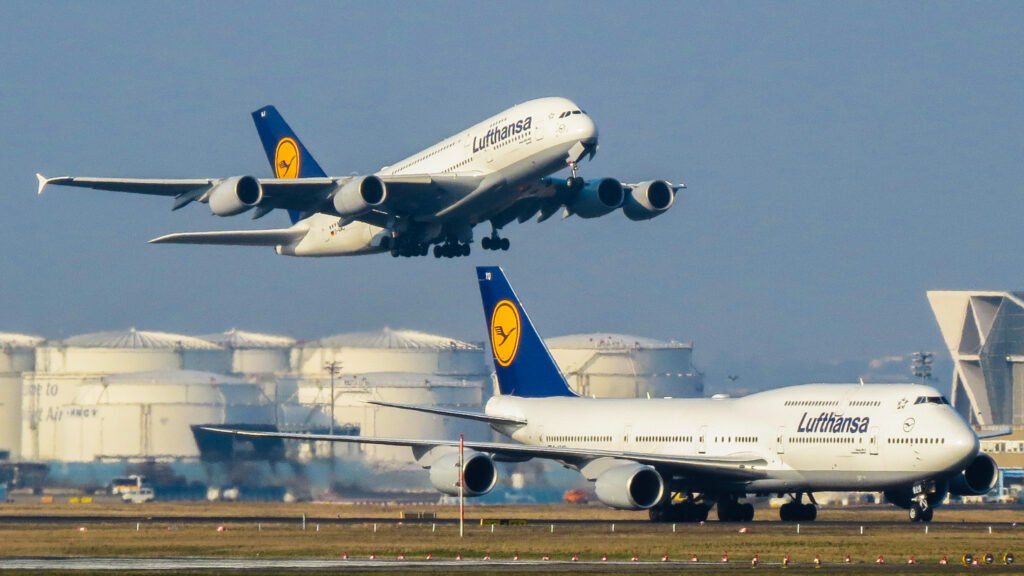
France: Airbus has achieved a milestone by overtaking Boeing in total commercial aircraft deliveries, with its A320 family now recognized as the most-delivered jetliner. The milestone was reached as Airbus delivered its 12,260th A320, surpassing Boeing’s 737, which has completed 12,254 deliveries worldwide.
According to aviation consultancy Cirium, by 1988, when Airbus began producing its A320, Boeing had already built a strong lead with around 1,500 of its iconic 737 jets delivered. After nearly four decades, Airbus has finally caught up, with the A320 series surpassing Boeing as the world’s most-delivered commercial airliner.
The A320’s success reflects Airbus’s strong focus on the single-aisle market and its ability to meet global airline demand for fuel-efficient, short- and medium-haul aircraft. The A320neo family, in particular, has contributed to this growth with modern engines and cabin upgrades that appeal to carriers across the globe.
Boeing, meanwhile, continues to contend with the repercussions of past setbacks. The 737 MAX program faced a 20-month grounding following two fatal crashes in 2018 and 2019, significantly affecting production and delivery schedules. Combined with ongoing supply chain constraints, these factors have slowed Boeing’s progress relative to Airbus.
In September 2025, Boeing delivered 55 jets, including 40 737 MAX aircraft, bringing its year-to-date deliveries to 440. While this represents an improvement over the previous year, production limits and regulatory oversight continue to challenge the US manufacturer’s efforts to catch up with Airbus.
As of October 11, 2025, Boeing’s stock is trading at $210.73, reflecting a 7% decline over the past month. Despite this short-term volatility, the company has achieved a nearly 40% return over the past year, indicating strong long-term momentum. However, recent developments have brought Boeing’s valuation into focus.
Additionally, Turkish Airlines is reconsidering a substantial 737 MAX order due to ongoing engine supplier negotiations. These events have intensified scrutiny on Boeing’s future prospects.

Boeing’s shares are trading below their fair value, with a fair value estimate of $252.57, indicating a potential upside from the current trading price. The company’s expansion into high-margin, recurring-revenue offerings through Boeing Global Services, such as aftermarket services and parts distribution, positions it for more stable and resilient profitability. However, persistent production delays and reputational challenges could threaten Boeing’s earnings recovery and weaken confidence in its long-term outlook.

